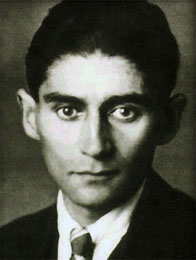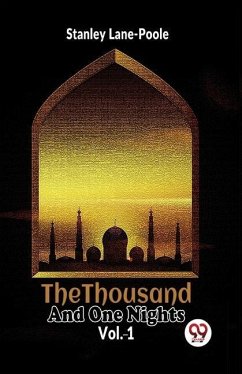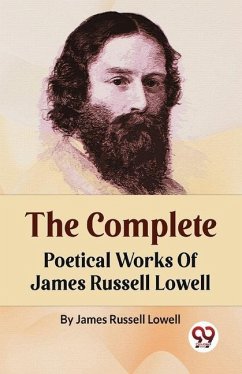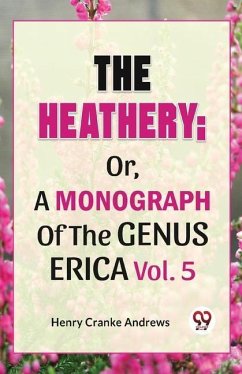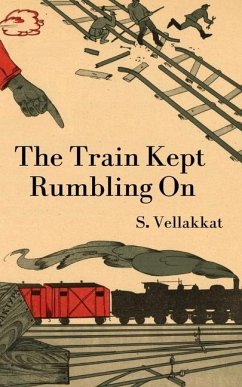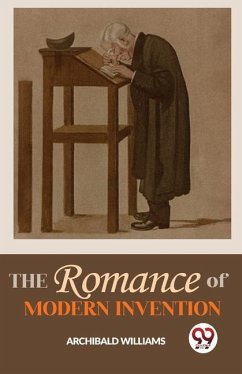
The Castle
Versandkostenfrei!
Versandfertig in über 4 Wochen
23,99 €
inkl. MwSt.

PAYBACK Punkte
12 °P sammeln!
In "The Castle," Franz Kafka tells the story of K., a land surveyor who arrives in a remote village, eager to connect with the enigmatic castle that dominates the landscape. However, he soon finds himself entangled in a web of bureaucratic absurdity, facing confusion and isolation as he navigates the villagers' strange relationship with the castle's elusive authority. Through K.'s struggles, Kafka delves into themes of alienation, the quest for meaning, and the frustrating search for acceptance in a world ruled by arbitrary rules. With its rich symbolism and existential depth, "The Castle" inv...
In "The Castle," Franz Kafka tells the story of K., a land surveyor who arrives in a remote village, eager to connect with the enigmatic castle that dominates the landscape. However, he soon finds himself entangled in a web of bureaucratic absurdity, facing confusion and isolation as he navigates the villagers' strange relationship with the castle's elusive authority. Through K.'s struggles, Kafka delves into themes of alienation, the quest for meaning, and the frustrating search for acceptance in a world ruled by arbitrary rules. With its rich symbolism and existential depth, "The Castle" invites readers to reflect on their own encounters with authority and the longing for belonging in a seemingly indifferent universe.



